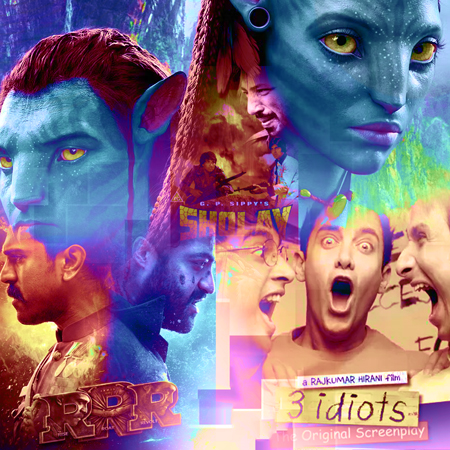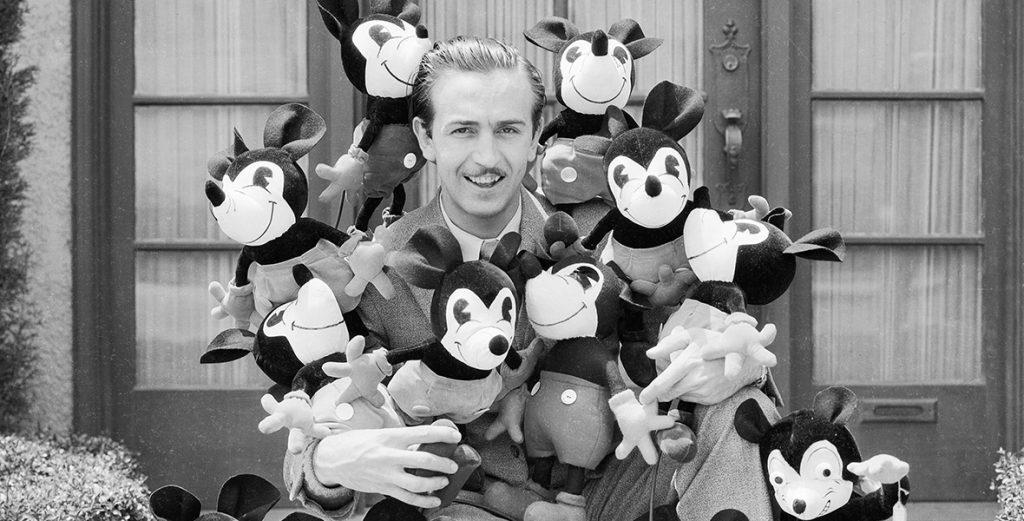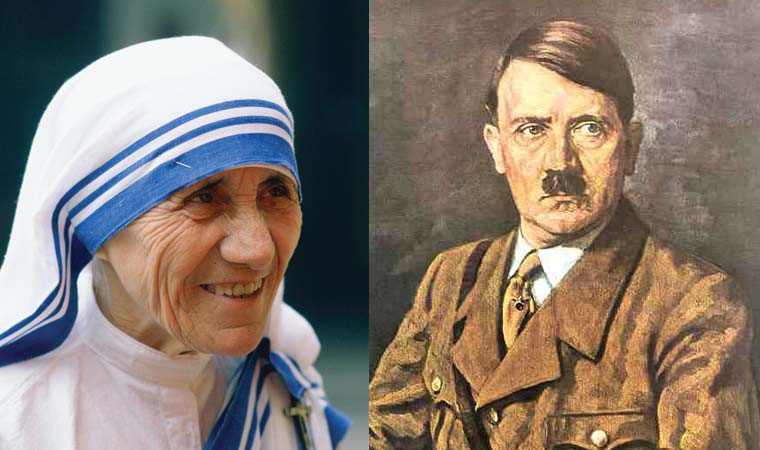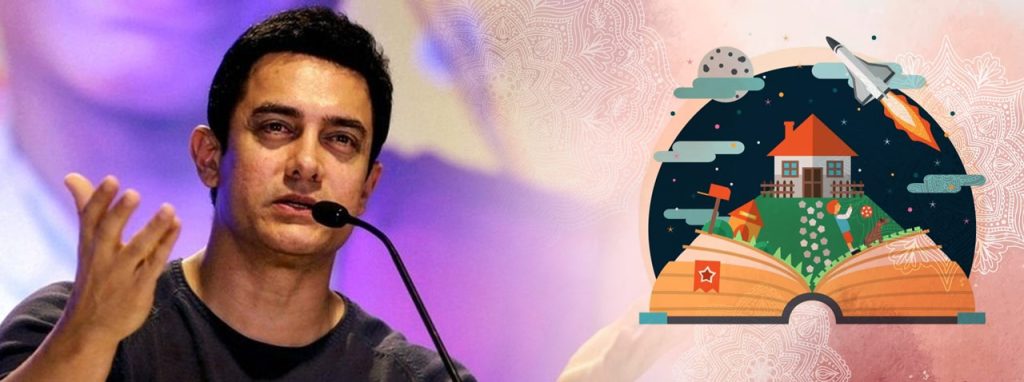Dive into the world of great stories, and unlock the secrets of compelling storytelling that can inspire change and create lasting impact
Who doesn’t like a good story? Whether in form of a movie, book, or a motivational talk, we all love stories. The most interesting thing about a story is, it always has an element of truth. Even if it is fiction and that is what keeps stories close to our hearts.
We all have a story to tell and if we look around us, everything comes with a story. The world’s greatest storytellers have used their experiences, observations and molded them into stories we can learn from. Whether it’s the story of a famous historical figure, a funny anecdote from your childhood or a little-known event that had a significant impact. Anything and everything which resonates with the audience and has a meaningful message can be a great story.

History has proven time and again, that inspiration can change the trajectory of a person’s life. It can turn any circumstance into an advantage and later even success. One of the foremost ways to get true inspiration is through stories which connect with you in a meaningful way. So people all around the world use storytelling as a powerful tool for engaging and inspiring audiences.
When Words Fail, Stories Speak

“Storytelling is the most powerful way to put ideas into the world today”
-Robert McAfee
It’s hard to believe, but Walt Disney the brilliant mind who brought us beloved characters such as Mickey Mouse, Donald Duck, and Pluto was once dismissed as lacking creativity and artistic talent. Despite being shut down by newspaper companies who rejected his cartoon pitches. Claiming he had no artistic integrity, Disney refused to give up. He persisted in pitching his ideas, determined to bring his vision to life and now his stories are everywhere.
Whether it’s blockbuster movies like “Sholay”, “Avatar”, “Titanic”, bestsellers like “J. K. Rowling’s Harry Potter”, “Paulo Coelho’s The Alchemist” or “Shakespeare’s Romeo and Juliet”. The life stories of exemplaries like Mahatma Gandhi, Steve Jobs or Albert Einstein. Worthy tales like these are passed down from generation to generation ensuring that important values and lessons are not lost over time.

Stories have the power to captivate our attention and evoke emotions in a way that raw data or information simply cannot. When we hear a story, we are more likely to remember the message and be inspired to take action. In fact, studies have shown that people are 22 times more likely to remember a story than a fact alone. This is why storytelling is such a valuable tool for anyone looking to communicate effectively and engage the audience. To tell a great story, it is crucial to keep a few things in mind, and in this blog we are sharing some charming tips to help you get started.
How to Craft a Compelling Story
Here are a few ingredients of crafting a story which have worked for centuries and can help the upcoming storytellers create a difference-
1. Get to the heart of the story’s raison d’être!
Jesus Christ will forever be the Son of God in flesh and the savior that God promised to the world. From the day he was born, his purpose was to die for the sins of the world and to establish his sacrifice as an offering for sin.

The importance of finding a purpose behind storytelling cannot be overstated. By understanding why we are telling a particular story, we can better communicate our message and connect with our audience on a deeper level. A purpose-driven story can inspire change, spark empathy, and create a lasting impact. It’s important that the purpose of the story is established, so that you can structure it accordingly.
Like without a purpose, Ramayana would become aimless and fail to achieve its intended impact. Lord Rama who was born with a purpose to become a king, with his unwavering spirit ended up fulfilling the purpose.
2. Characters: The Oxygen of a Story’s Life
Adolf Hitler, without question, will forever be remembered as the ultimate villain throughout history. As the leader of Nazi Germany, he orchestrated both World War II and the Holocaust which ended up taking millions of lives. Mother Teresa’s story on the other hand makes a positive impact on community which is incredibly inspiring and can motivate people to take action. These are all character who played their roles and ended up becoming the stories we hear today and learn from.

“The more successful the villain, the more successful the picture“
– Alfred Hitchcock
A great story without memorable characters is like a song without a melody. Characters are the lifeblood of any story. They breathe life into the narrative, providing the reader or viewer with someone to root for, empathize with, or even despise. A strong character can capture the imagination and become a memorable figure in a reader’s mind.

Harry Potter wouldn’t be the legendary hero he is today, without Voldemort. 101 Dalmatians wouldn’t be the classic comedy adventure, without Cruella De Vil and Tom will be nothing without our beloved Jerry. It is crucial to develop a proper plot with emphasis on the Hero and the Villain, so that your story resonate with readers.
3. Embed Empathy
Nike for many years has set the bar high when it comes to storytelling. The company’s ability to weave compelling narratives around its brand has enabled it to connect with customers on a deep emotional level and build a loyal fan base.

Stories that evoke strong emotions are more likely to be remembered and inspire action. Whether it’s a heartwarming story or one that elicits anger or sadness, tapping into your audience’s emotions will help you connect with them on a deeper level.
Shakespeare’s plays often delve into complex human emotions, conflicts, and moral dilemmas that resonate with people across different cultures and time periods. Therefore, his catharsis is a testament to the enduring power of his works to move and inspire people.
4. Create a Structure that keeps your audience hooked

Mahabharata has complex characters and an intricate plot but with creativity and the right structuring, it has our hearts. It shows how being creative with the structure, plays an important role in storytelling.
Here are the three C’s of elevating your story’s structure:
Conflict
Not many know but Steve Jobs’ relationship with Apple was a tumultuous one, marked by conflict and controversy. After co-founding the company, Jobs was forced out after a power struggle with the board of directors. He returned to Apple in 1997 and led the company to unprecedented success with the introduction of the iPod, iPhone, and iPad.

Conflict is the backbone of any compelling story. It creates tension, drives the plot, and keeps the audience engaged. It can come in many forms, such as external conflicts between characters or internal conflicts within a character’s own psyche.
Take Joker for example, the character exhibits both extreme acts of violence and moments of profound insight, suggesting a complex mix of intelligence, creativity, and mental illness.
Curiosity

“Katappa ne bahubali ko kyu mara?”
– Baahubali: The Beginning
How can be forget the biggest mystery of 2015, that took us all on a rollercoaster ride. Rajamouli’s Bahubali: The Beginning, was a game-changer for Indian cinema in many ways. One of its standout features was its curious storytelling, which kept the audience engaged and curious throughout the film
A curious writer can create richly detailed characters and settings, while a curious reader can engage with the story on a deeper level, asking questions and seeking out meaning. There’s no doubt that without curiosity, Sherlock Holmes would not be the iconic detective we know today.
Climax

Avengers: Endgame, delivered a grand finale like no other. It’s climax was a testament to the power of storytelling, and a fitting end to an incredible saga.
Climax provides a sense of resolution and closure, tying up loose ends and answering questions raised earlier in the plot. A well-crafted climax can elevate a story from good to unforgettable.

In conclusion, mastering the art of storytelling requires a combination of creativity, practice, and knowledge of various techniques. Whether you’re a seasoned writer or just starting out, there’s always something new to learn and explore when it comes to storytelling. You can also look at some of the greatest storytellers who have changed the world through their genius and words of worth.
When it comes to booking/ hiring inspiring and prodigious storytellers and motivational speakers, you can book/hire them via engage4more’s passionate team. Our working relations with over 2,500+ talented artists come with an assurance of best-suited artist suggestions for your event with pacy bookings and great prices. Also, enjoy our value adds like complimentary quizzing for your events along with free publicity by our post-event coverage via our social media handles!
Start your artist booking journey here.




